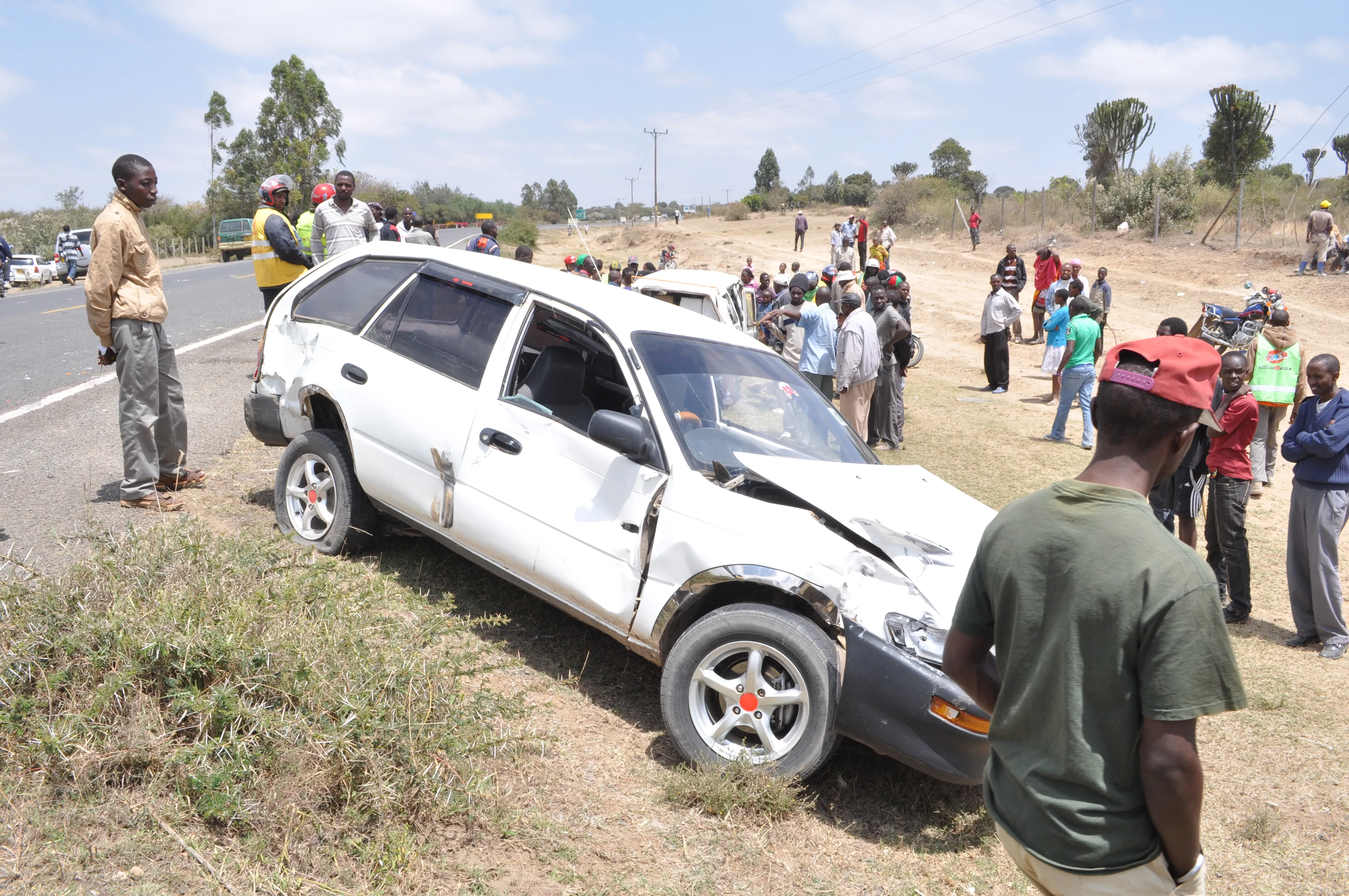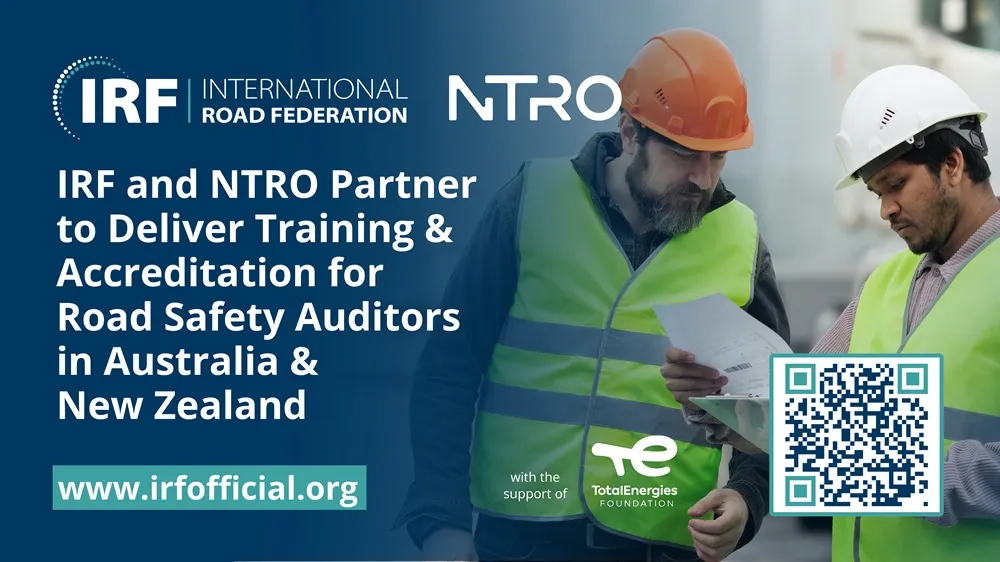
The European Investment Bank (EIB) has entered a partnership with the NGOs leading Road Assessment Programmes (RAP) in a bid to halve road deaths by 2030. The aim is to reduce the toll of deaths and injuries, much of it in developing nations. At present around the 1.35 million people/year are killed on the world’s roads.
The EIB and the European Road Assessment Programme (EuroRAP), the International Road Assessment Programme (iRAP), and the Road Safety Foundation (RSF) have all joined forces. They will support investment in national and regional “safer road” projects and to develop the analysis and skill sets needed to make investment in safer road infrastructure successful.
“We aim to finance road projects that will help to save lives and prevent serious injuries. The reward both in humanitarian and in economic terms is huge,” said EIB Group vice-president Lilyana Pavlova, responsible for the bank’s transport operations. ”We, therefore, need to provide not only finance but also access to the required advice, training and skills to develop large scale safer road investment programmes. We all need to work closely together to improve safety on our roads. That is why we are delighted to enter this partnership with the RAP organisations.”
EuroRAP’s Chairman Ferry Smith, who signed the agreement on behalf of the three RAP organisations, said: “This is a welcome initiative from the EIB. The challenge of the next decade is in managing infrastructure safety in a new way, which needs a changed approach and new skills. On behalf of the Road Safety Foundation, EuroRAP and iRAP, I am delighted that we can support EIB in this lifesaving initiative with massive potential throughout Europe and worldwide. We hope, in the future, to extend RAP protocols into urban areas with a focus on pedestrian and cyclist safety as well as assessing the fitness of roads to support connected and increasingly automated vehicles.”
Systematically preventing deaths and serious injuries linked to road crashes is a priority of the EIB, the EU’s bank, which provides finance and expertise for investment projects worldwide. The Memorandum of Understanding is aligned with the new EU Strategic Plan for Road Safety, which aims to cut deaths in Europe by half by 2030 and introduces major changes to the way infrastructure safety is measured and managed. The European Union (EU) Road Infrastructure Safety Management Directive (RISM) now extends to a new ‘primary’ inter-urban road network on which more than a third of European deaths are concentrated. RISM requires all EU countries to inspect the in-built safety of their primary network by end-2024 - and target action to make these busy and often high-risk roads safe.
The protocols of the International Road Assessment Programme, which measure in-built infrastructure safety in a consistent and systematic, way have now been applied in more than 100 countries worldwide as part of the UN Decade of Action for Road Safety 2011-2020. Many busy roads do not yet achieve the 3-Star or better RAP benchmark, which is contained in the World Health Organisation’s global performance tracking framework.
The Road Safety Foundation has carried out analysis across Europe to identify practical investment strategies and budgets that will bring both high economic returns and save lives. EuroRAP’s Members come from civil society, road authorities and research institutions, and are currently overseeing applications in more than 20 European countries across Europe to identify practical investment strategies and budgets that will bring both high economic returns and save lives.








